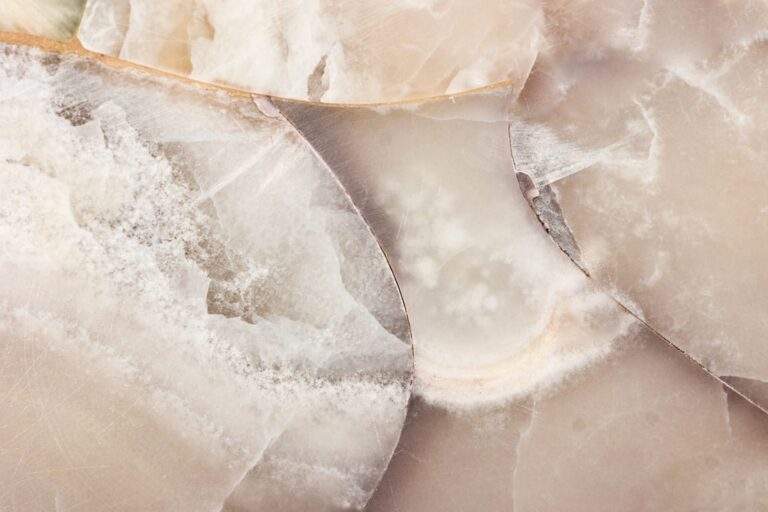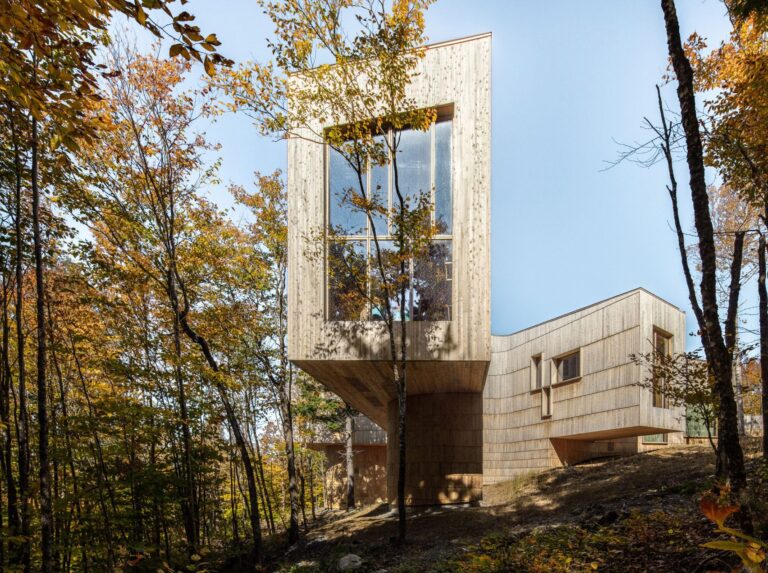Seastex: Mussel Beards for Performative Applications
In June 2021, Seastex Ltd was established and introduced a pioneering approach to transform mussel beard waste into top-quality materials suitable for construction purposes. The initially unpleasant mixture of broken shells, algae, sediment, and odorous substances undergoes a remarkable eco-friendly process, resulting in the production of pristine byssus fibers.
When compared to traditional natural fibers like sheep wool, cotton, hemp, or silk, mussel beards provide a sustainable and eco-friendly option. This is because mussels do not need to be fed, treated with antibiotics, or exposed to pesticides, which lessens their negative impact on ecosystems. Furthermore, mussels have a remarkable capability of absorbing carbon dioxide (CO2) as they grow, helping to combat climate change. Moreover, mussels also have an important role in filtering water by removing microplastics, algae, bacteria, and other tiny particles, thereby enhancing the quality of water.
Applications & Properties
The distinctive qualities of this organic substance provide significant opportunities as a durable and valuable material for various uses. Seastex’s environmentally-friendly approach in dealing with heavily contaminated mussel waste enables efficient purification of large amounts and conversion of byssus fibers into a consistent and uniform material. Through the creation of innovative fiber-processing techniques, Seastex has also transformed this byssus material into a soft and fluffy substance known as ‘Seawool’.
Yeshen Venema is the creator of Seastex and Sea-Bale.
The fiber compound produced possesses one-of-a-kind acoustic and insulation characteristics. Its low density contributes to its lightweight nature, while its exceptional stability guarantees the maintenance of its structural integrity in the long run. Additionally, byssus has a notable benefit in terms of fire safety as it requires a higher level of oxygen for ignition, making it less prone to supporting flames. In situations where smoldering may take place, it has a tendency to stop quickly. Furthermore, when subjected to high temperatures, the cellular membrane structure of the byssus expands, forming a layer of insulation that impedes the spread of fire.
The solution offered by ABC Tiles is highly versatile.
In September 2023, Seastex unveiled their brand at the London Design Festival. The debut of their first product, the ‘ABC Tiles’, took place during this event. These tiles, known as the Acoustic Byssus Core (ABC) Tiles, provide a flexible solution for the various acoustic issues found in different environments. Additionally, customers have a wide selection of formats and bold hues to select from.
The company Seastex and its brand ABC Tiles were created and are owned by Yeshen Venema.
The ABC tiles are suitable for use on both walls and ceilings in a range of sectors, such as residential, commercial, and industrial projects. These tiles can be easily removed and come with a high-quality installation system, allowing for a fast set-up and a practical and effective way to access building services. This characteristic guarantees that any necessary maintenance or repairs can be completed with minimal disturbance and inconvenience.
In order to produce top-quality ABC tiles, Seastex utilizes their technical knowledge and employs advanced methods such as 3D CAD software, laser cutting, and bending technologies. These techniques are complemented by the expertise of skilled manual labor, resulting in meticulously crafted frames that guarantee exceptional performance and long-lasting durability.
Promoting the concept of circular economy
Seastex implements a circular business model where they provide a complimentary collection service for products that have reached the end of their lifespan. Additionally, the company offers compensation to clients for the retrieved byssus cores. Through their recycling process, Seastex is able to incorporate old byssus into the production of new items, thus prolonging the lifespan of the fiber and maximizing its capabilities.
In an effort to support the sustainability of the industry, Seastex has recently launched a novel solution that involves compensating for the disposal of mussel beard waste, which is typically seen as a byproduct. This not only benefits the environment but also provides an extra source of income for mussel farmers.
Finally, find out more on ArchUp:
AO Architects: second-tallest skyscraper in US for Oklahoma City
Yellow lighting illuminates Le Père store in New York by BoND







